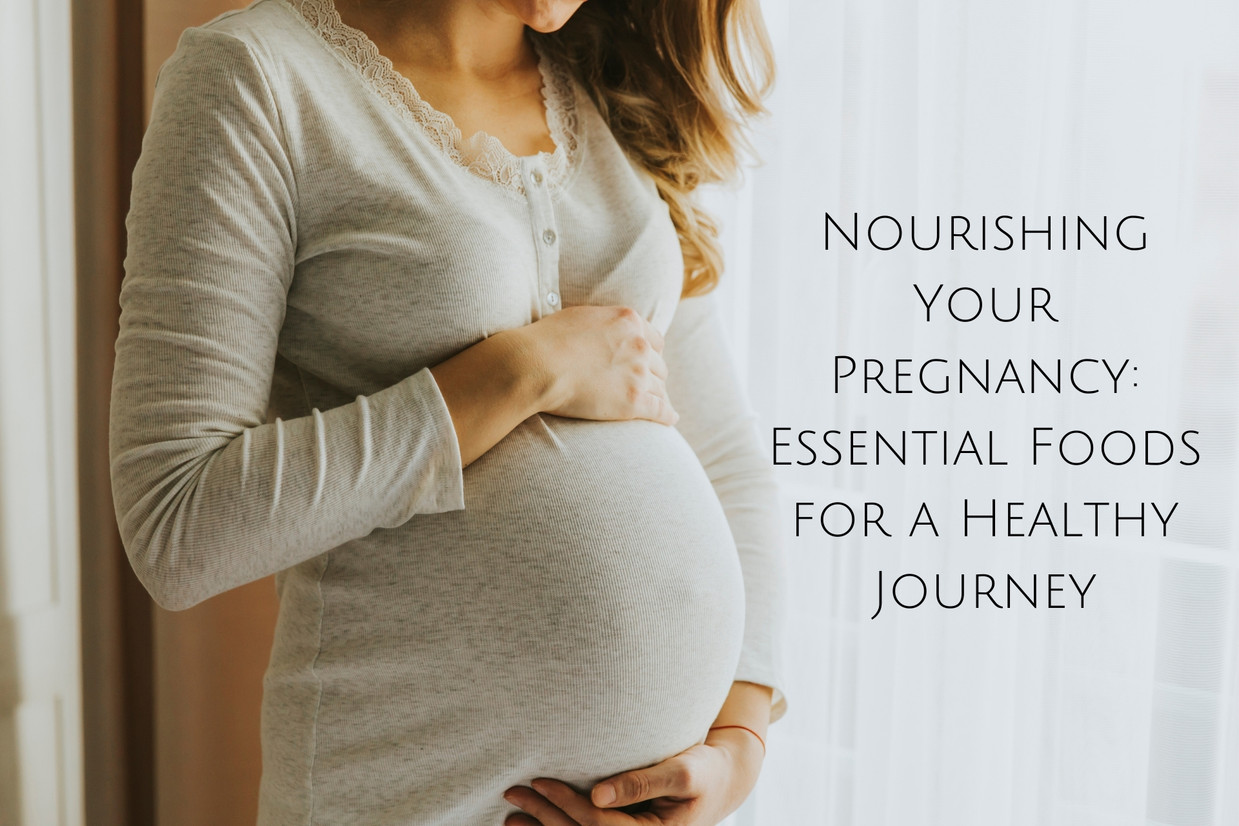Nourishing Your Pregnancy: Essential Foods for a Healthy Journey
Pregnancy is a beautiful time in every woman's life. Amidst the excitement, taking care of yourself and your growing baby becomes a top priority. Nutrition plays a pivotal role in ensuring a healthy pregnancy. Here's a guide to the essential foods that can support you on this incredible journey.
Leafy Greens:
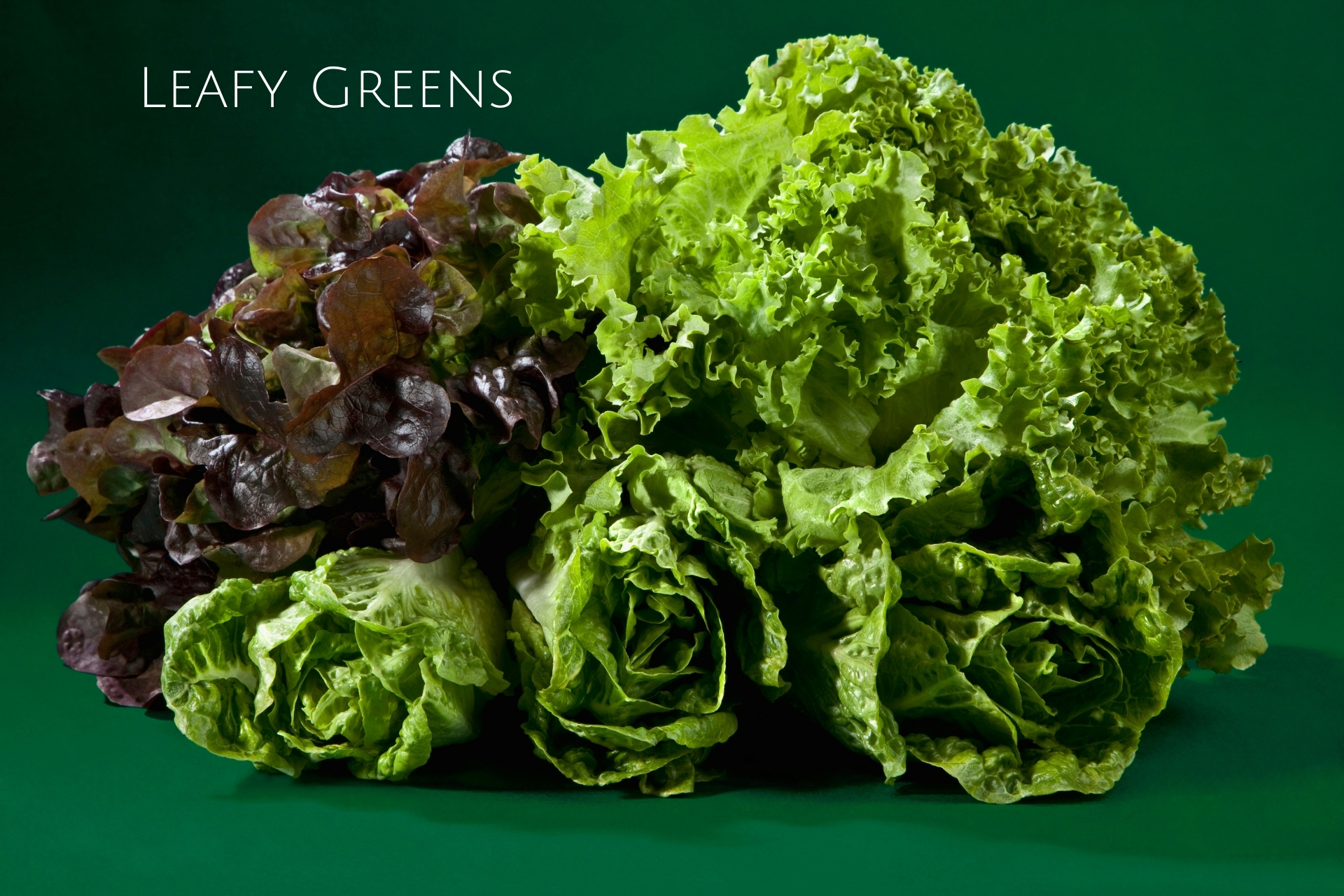
Dark leafy greens like spinach, kale, and broccoli are packed with essential nutrients like folate, iron, and fiber. These are crucial for your baby's development and to maintain your own health during pregnancy.
Vegetables:
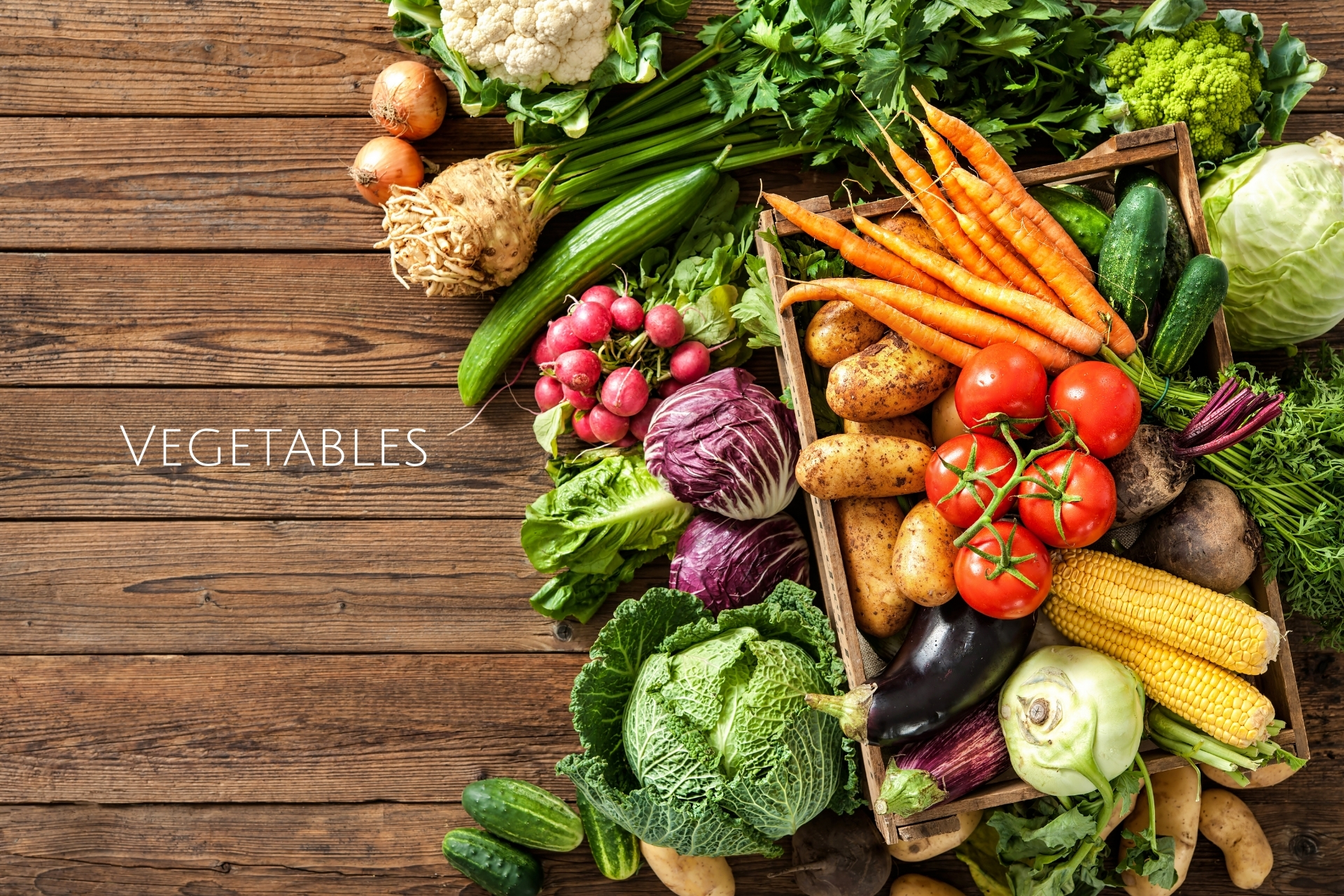
Rainbow vegetables are nature's bounty, packed with essential vitamins, minerals, and fiber that are indispensable for your baby's development. They provide folic acid, crucial for preventing neural tube defects, and vitamin C, which aids in iron absorption.
Protein Sources: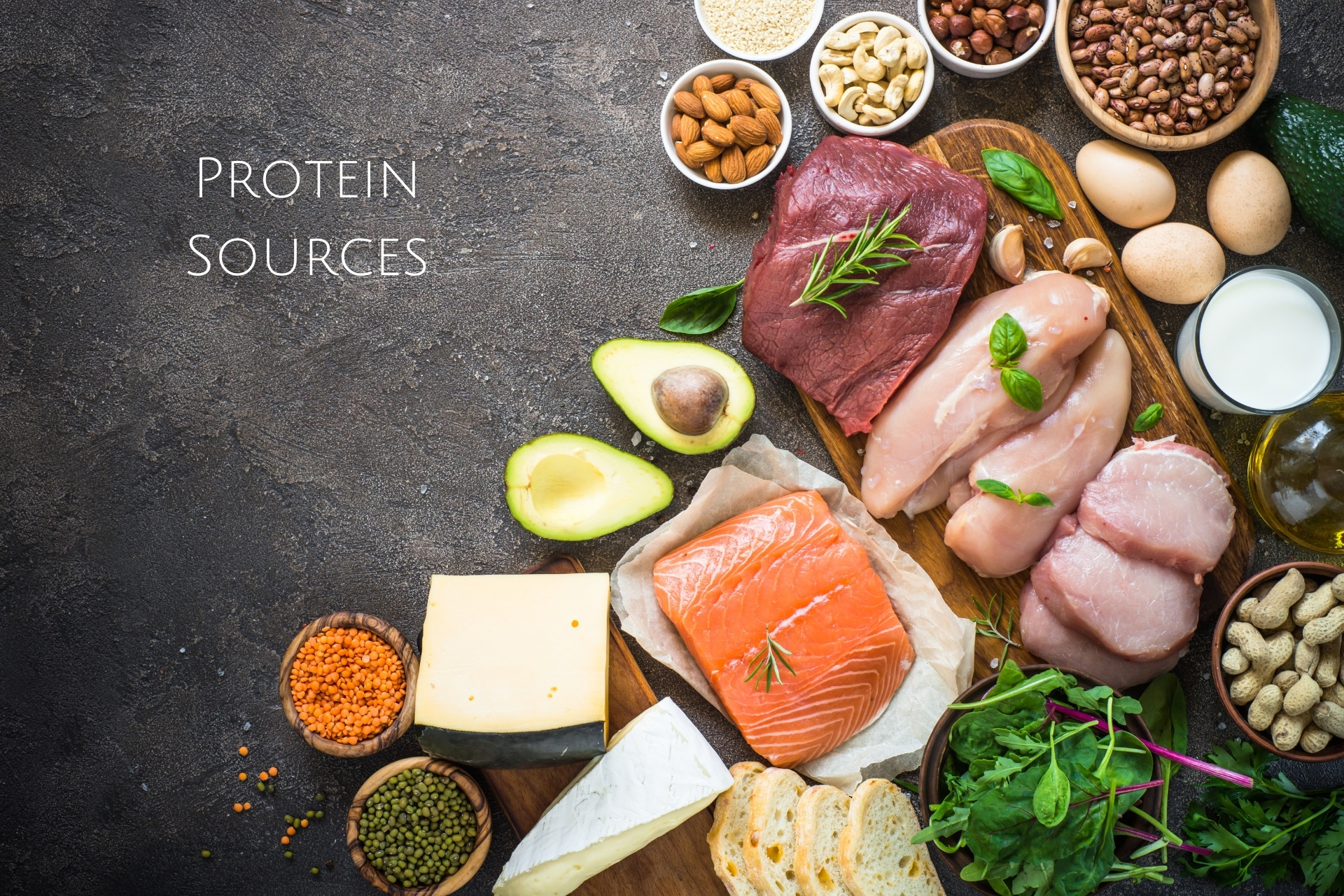
Lean protein sources such as poultry, fish (low in mercury), beans, lentils, and tofu provide the necessary building blocks for your baby's growth and repair of your tissues.
Dairy or Alternatives:
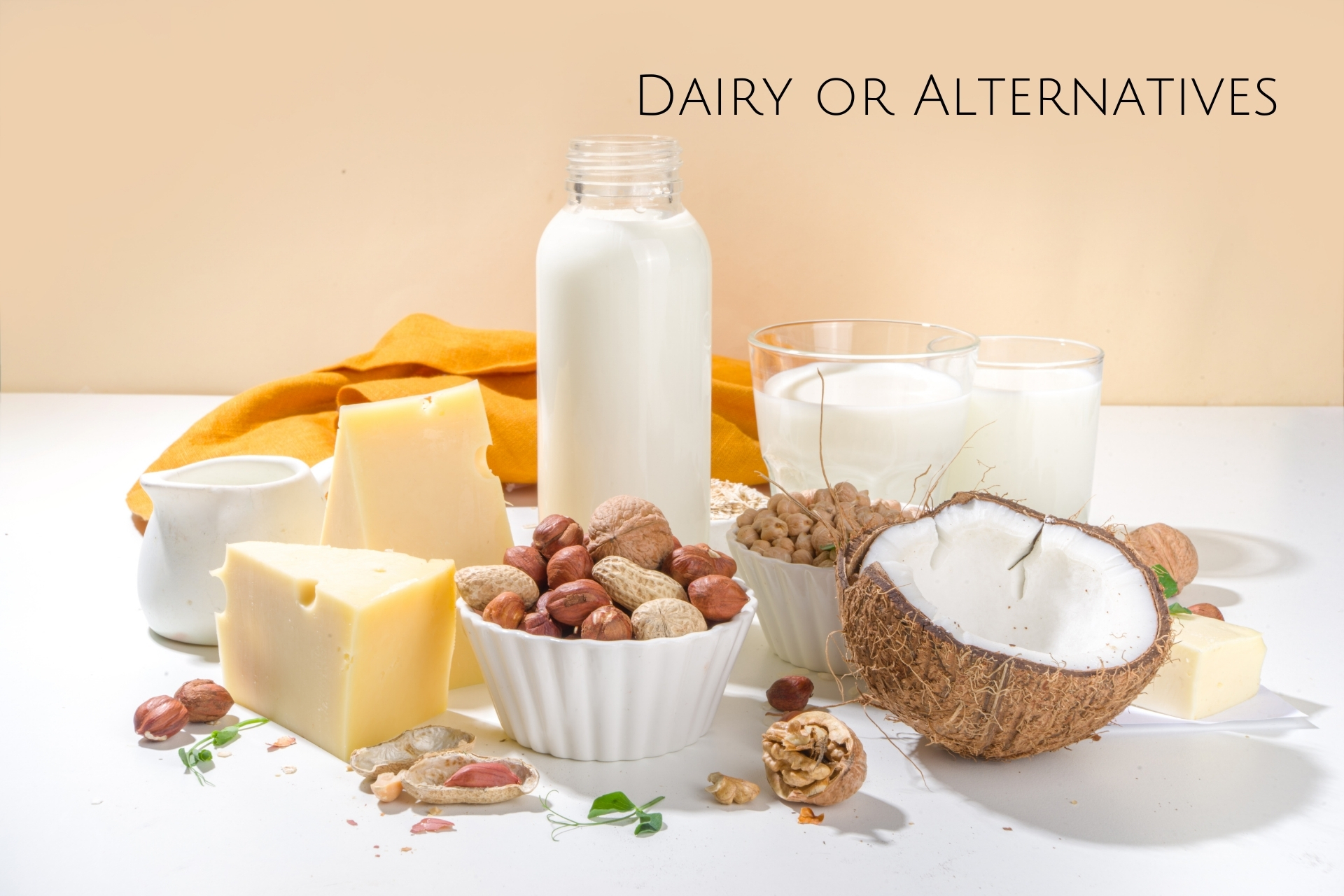
Calcium-rich foods like milk, yogurt, and cheese (or fortified plant-based alternatives) are vital for bone development in your baby and maintaining your bone health. They also provide protein and vitamin D, which aids in calcium absorption.
Whole Grains:
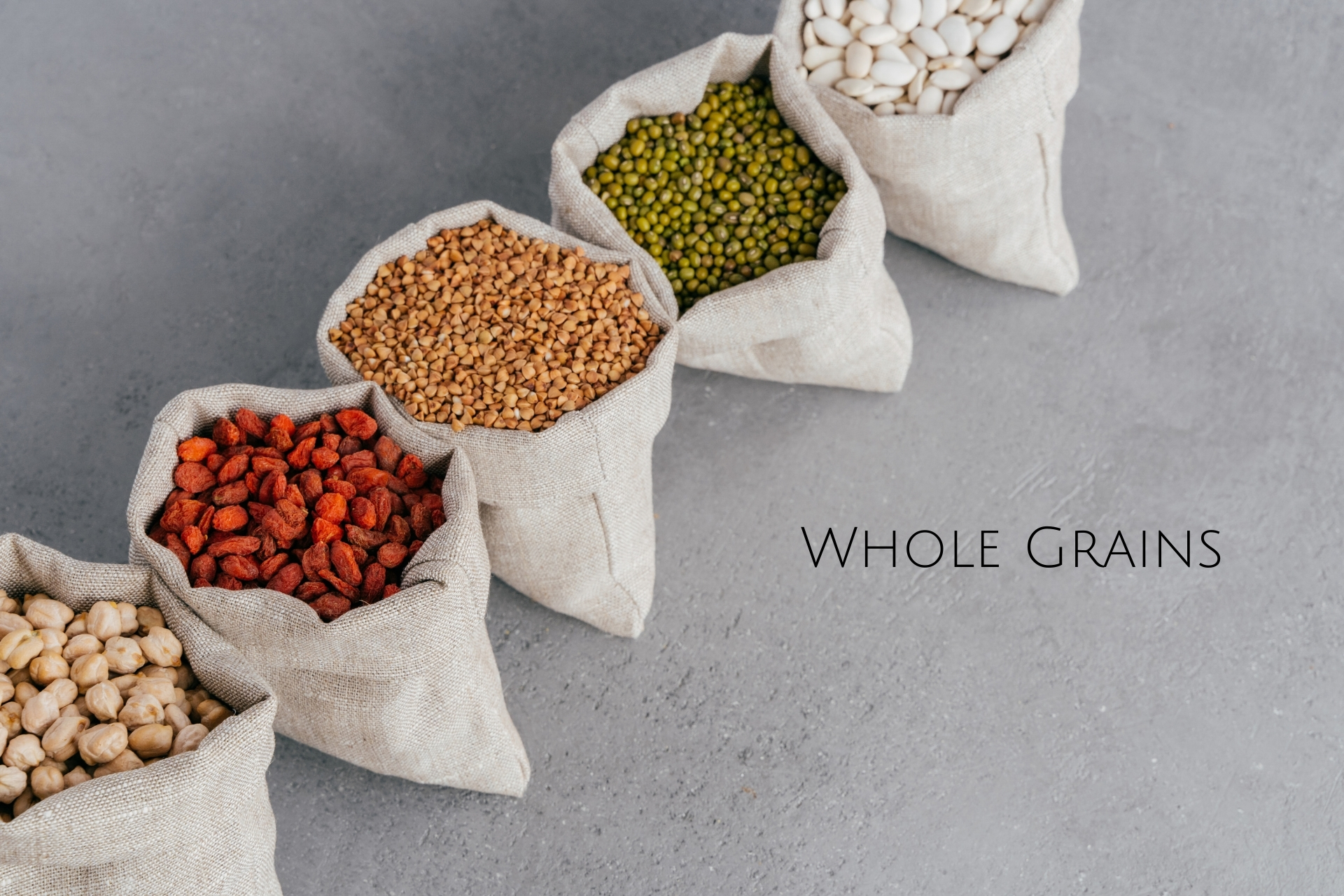
Options for whole grains like brown rice, quinoa, oats, and whole wheat bread to get a steady supply of energy and fiber, aiding digestion and preventing constipation—a common pregnancy woe.They also provide energy and essential B vitamins, which are crucial for your baby's brain development.
Fruits:
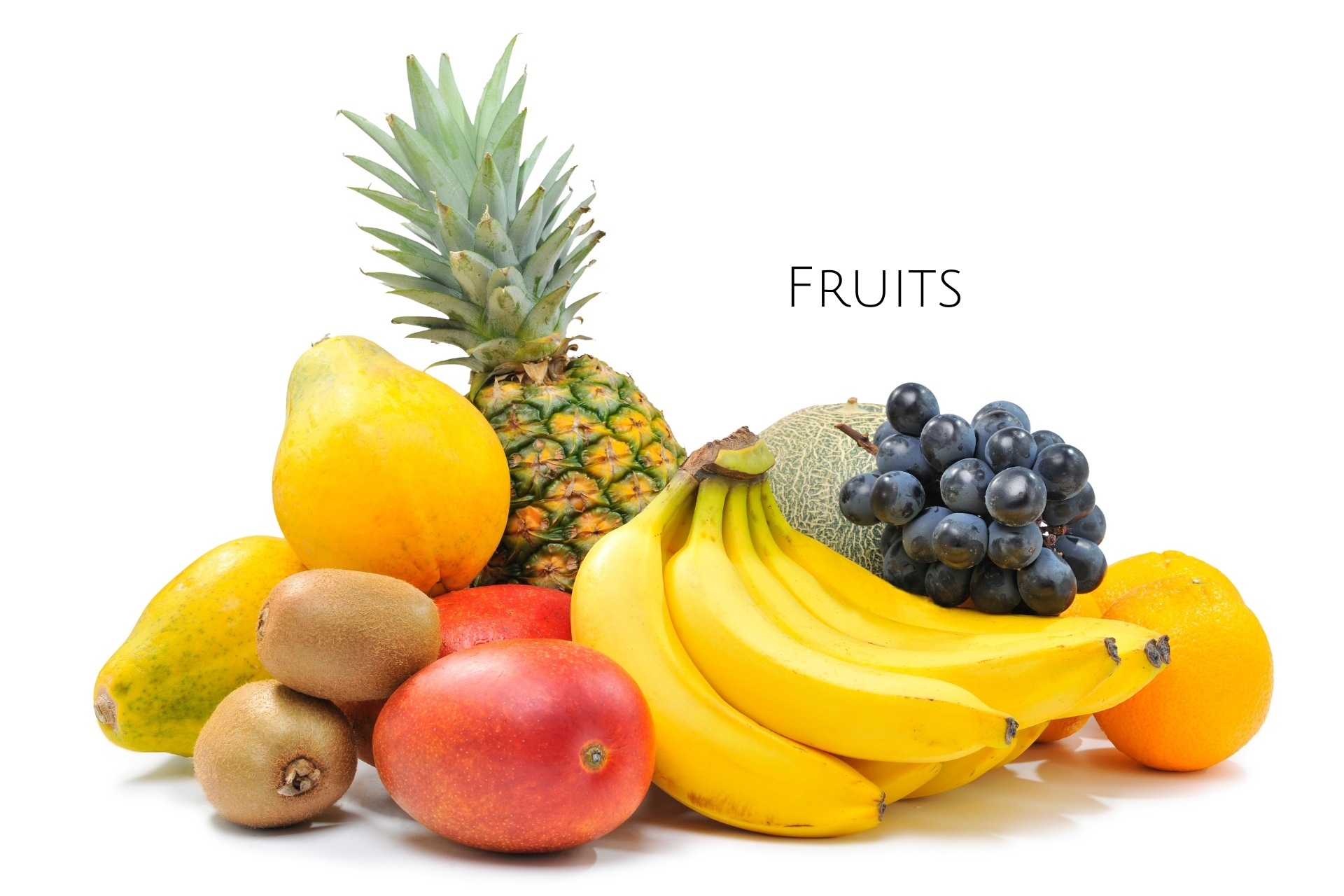
Colorful fruits such as berries, oranges, apples, and bananas are abundant in vitamins, antioxidants, and natural sugars. They support your immune system and provide essential nutrients.
Iron-Rich Foods:
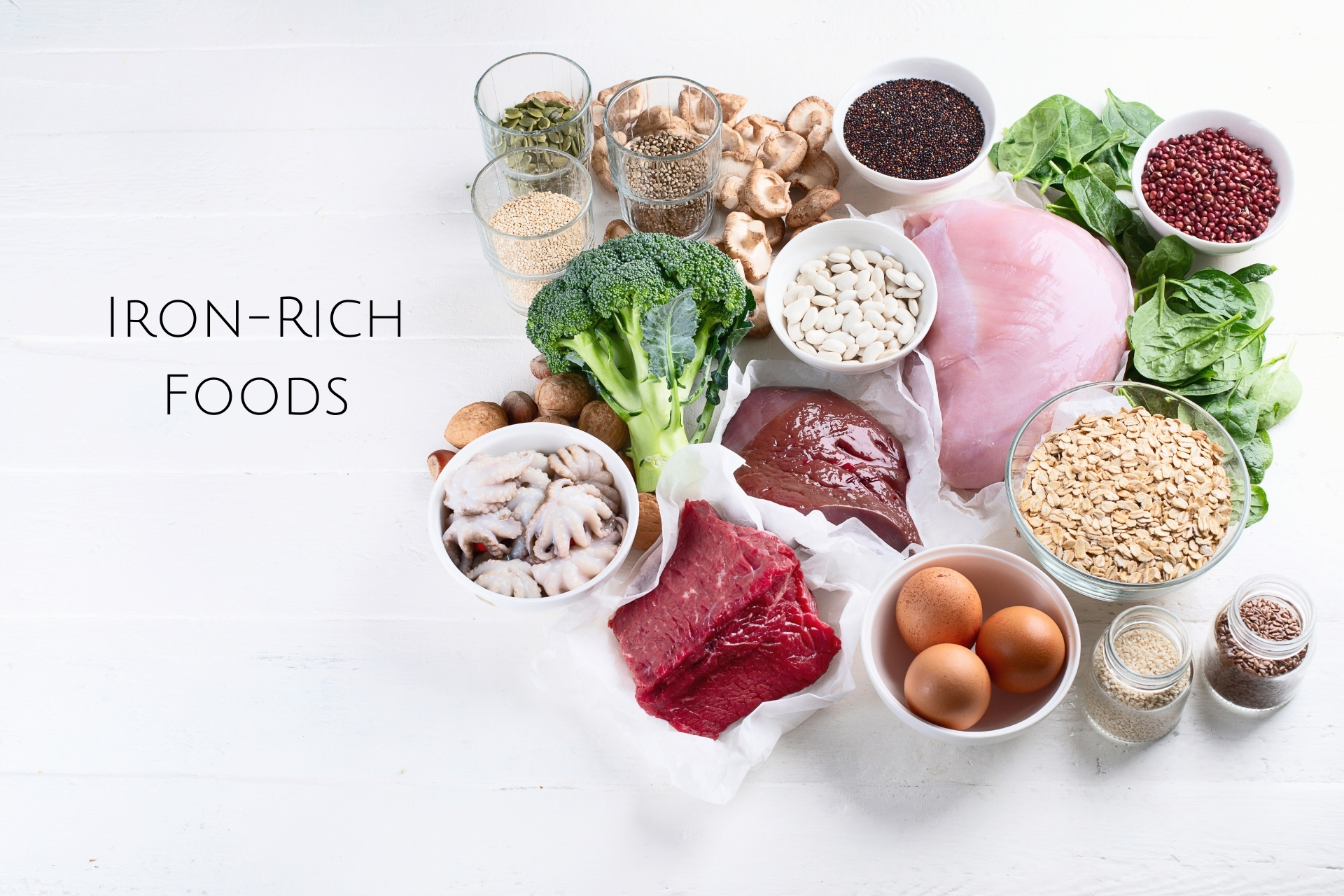
Foods rich in iron, such as red meat, poultry, lentils, and fortified cereals, help prevent anemia and support the increased blood supply needed during pregnancy. Remember, enhancing iron absorption is crucial. Pair iron-rich foods with vitamin C-rich foods, such as citrus fruits, peppers, and broccoli, as vitamin C improves iron absorption. Additionally, limit consumption of coffee and tea, as these beverages can interfere with iron absorption.
Hydration:

Herbal teas and fruit-infused water can be refreshing options.
Omega-3 Fatty Acids:
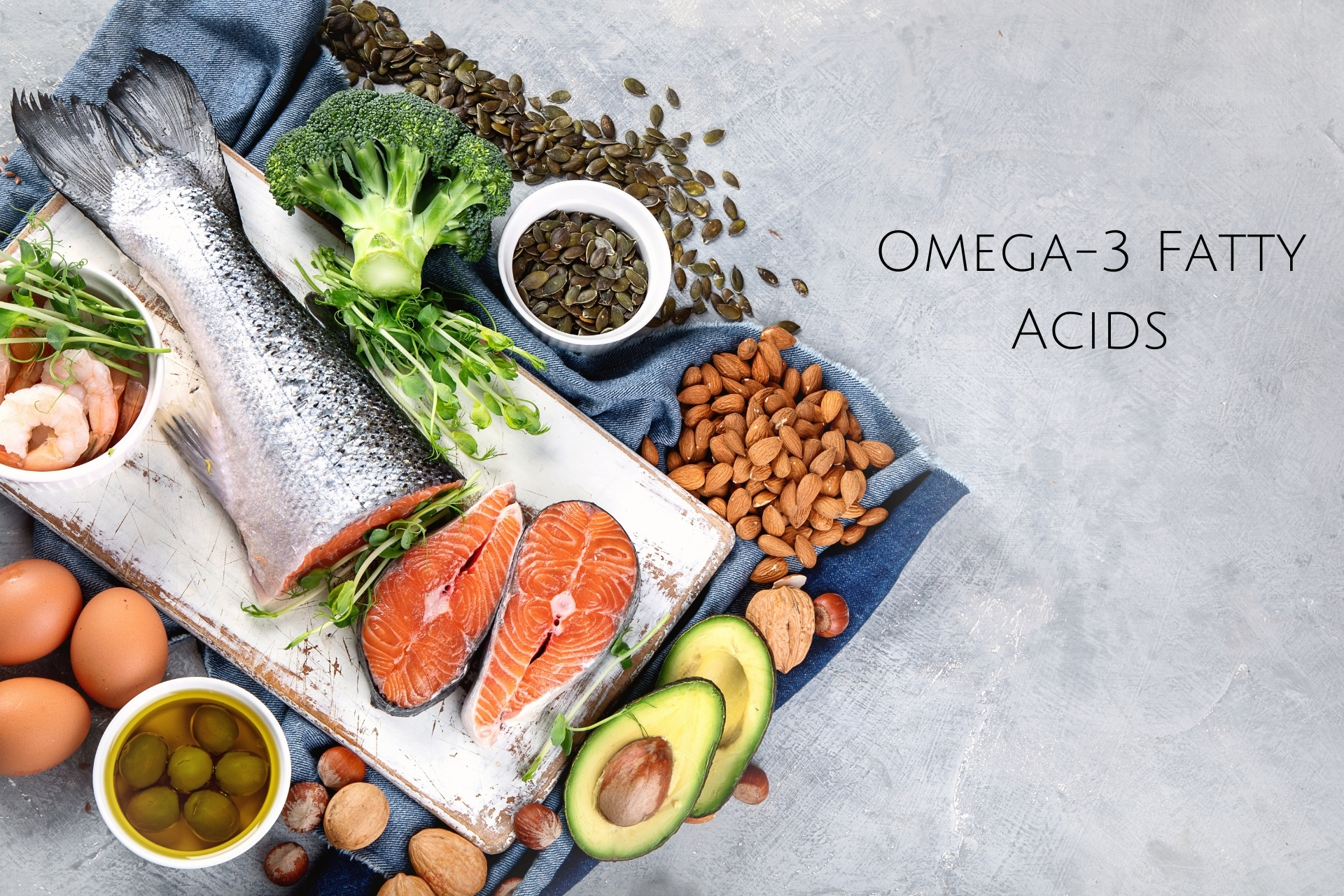
Incorporate sources of omega-3 fatty acids like salmon, walnuts, and flaxseeds to support your baby's brain and eye development.Types of There are three main types of omega-3 fatty acids:
- Eicosapentaenoic acid (EPA): Found in fatty fish such as salmon, sardines, and mackerel
- Docosahexaenoic acid (DHA): Found in fatty fish and some algae
- Alpha-linolenic acid (ALA): Found in plant sources such as flaxseeds, chia seeds, and walnuts
Snack Wisely:
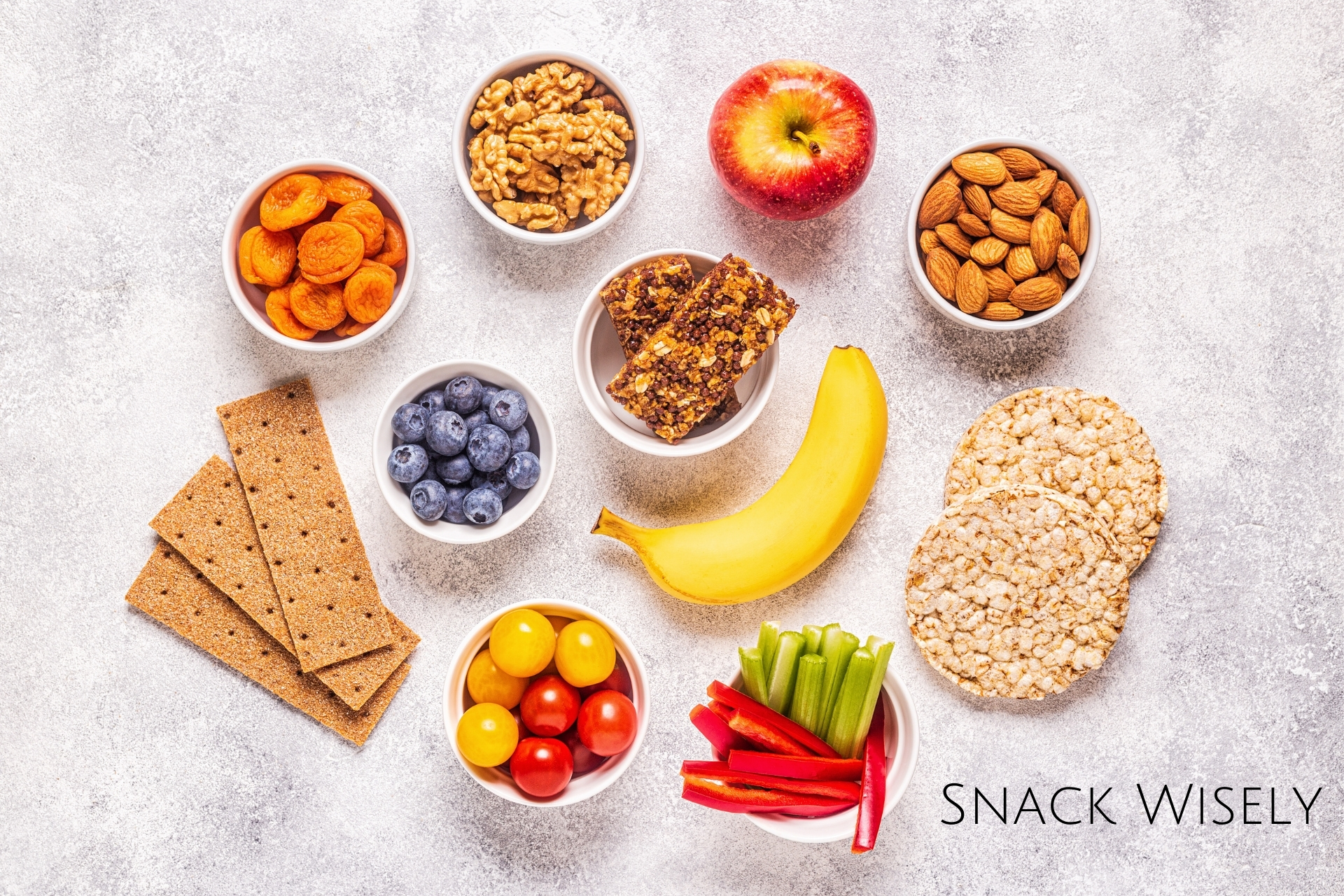
Option for nutritious snacks like yogurt with fruit, nuts, or whole-grain crackers with cheese to keep energy levels stable between meals.
Lean Protein Sources:
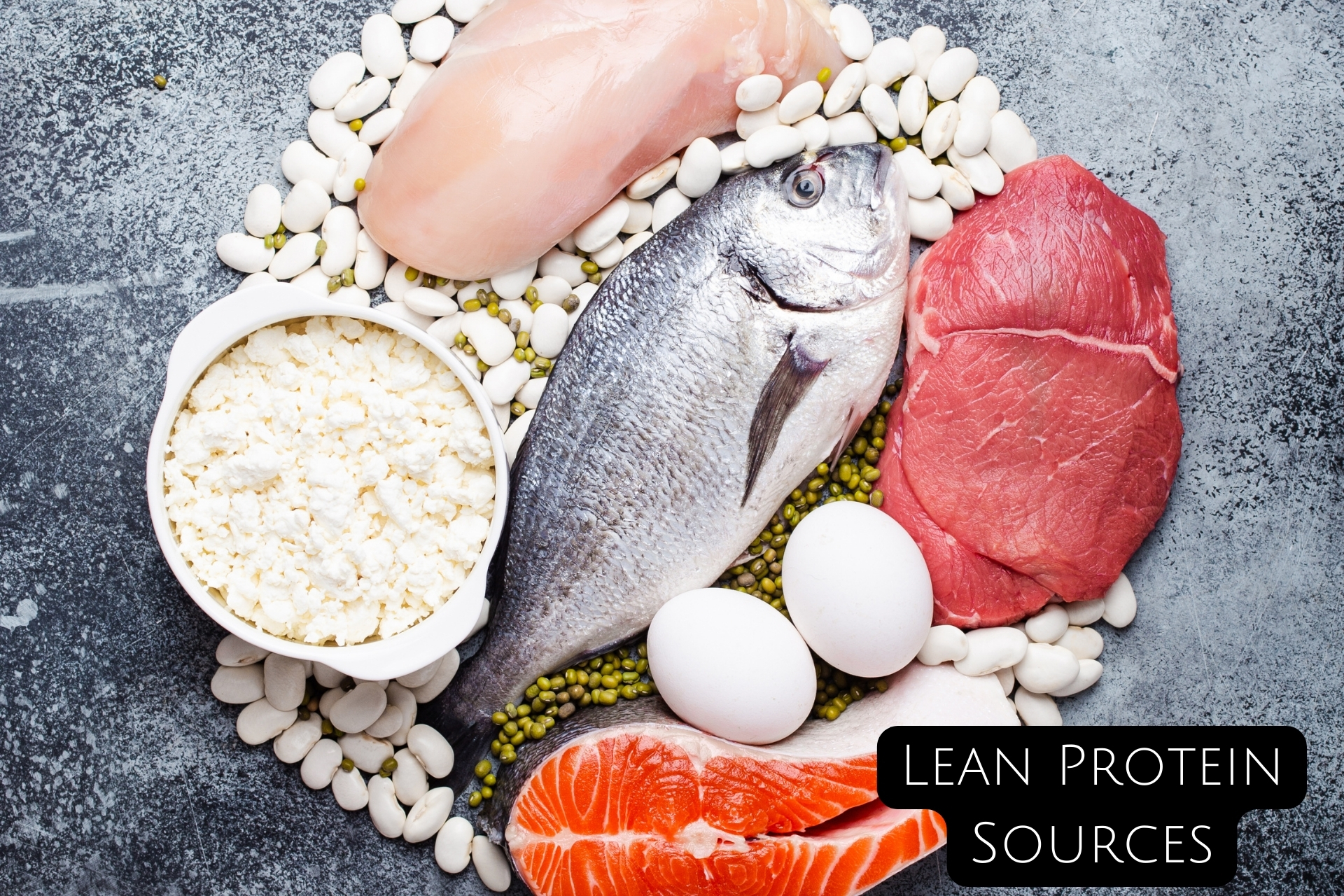
Building Blocks for GrowthLean protein sources, such as fish, poultry, beans, and lentils, provide essential amino acids, the building blocks of your baby's cells and tissues. They also offer iron, which helps prevent anemia, a common pregnancy condition.
Remember, a well-balanced diet, combined with prenatal vitamins as recommended by your healthcare provider, ensures you and your baby get the nutrients needed for a healthy pregnancy. Consult with a healthcare professional to personalize your nutrition plan based on your unique needs.
Your body is nurturing new life, and providing it with the best possible nutrition lays a strong foundation for a healthy start. Embrace these wholesome foods and savor the journey of nurturing life within you.
Foods to Limit or Avoid During Pregnancy
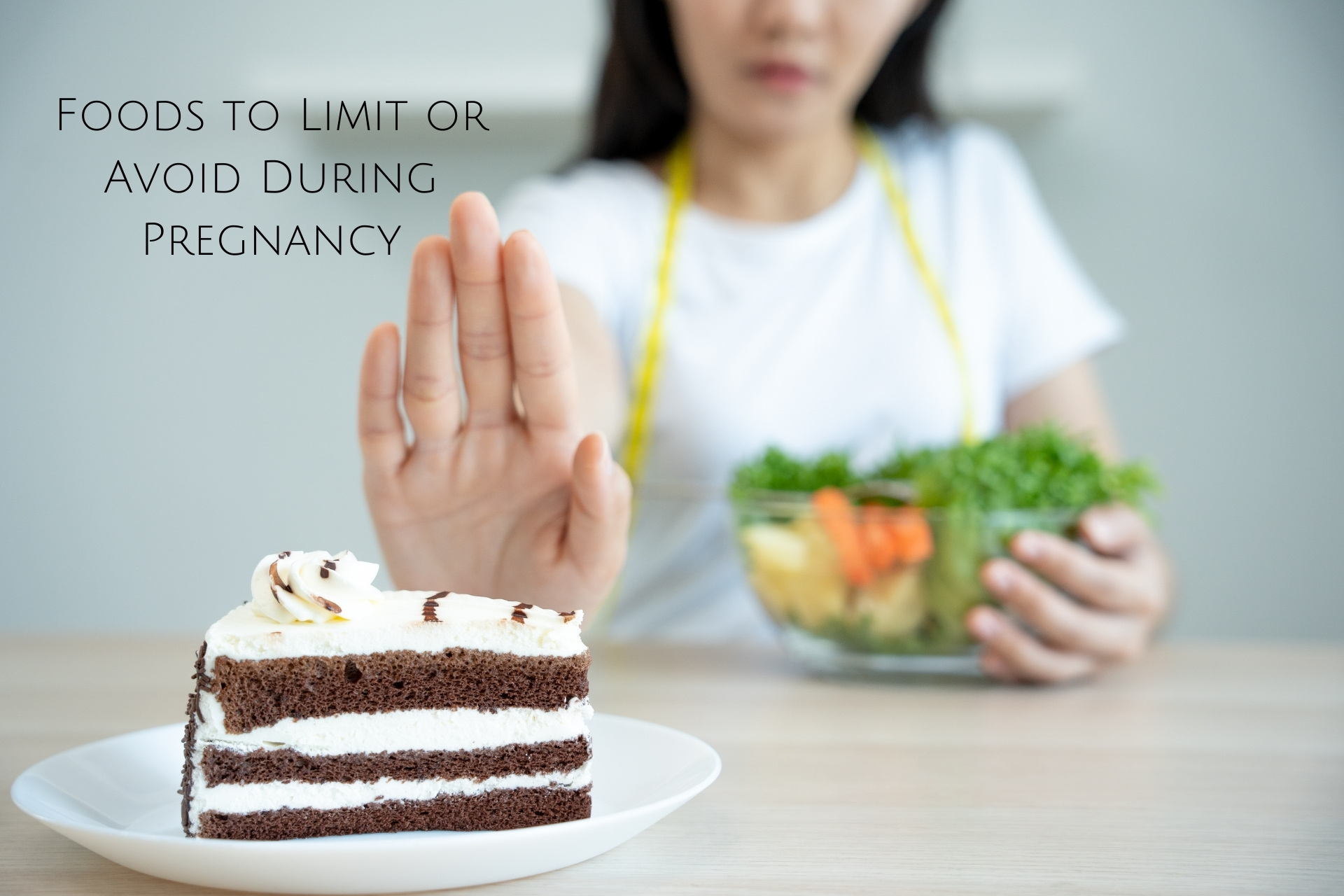
While a balanced diet is essential, certain foods should be limited or avoided during pregnancy to protect your baby's health:
- Raw or undercooked meat, poultry, and fish: These foods may harbor harmful bacteria that can cause foodborne illness.
- Eggs: Raw eggs can be a nutritious addition to your diet, but they can also pose a health risk if not consumed safely.
- Caffeine: While caffeine can have some benefits, such as increased alertness and improved cognitive function, there are also several disadvantages to be aware of.
Remember, every pregnancy is unique, and your individual dietary needs may vary. Consult your healthcare provider for personalized guidance on nutrition during pregnancy.
Conclusion:

Nourishing your body during pregnancy is essential for your well-being and the optimal development of your baby. A balanced diet rich in essential nutrients provides the building blocks for your baby's growth and supports your own health throughout this transformative journey.
By incorporating a variety of nutrient-dense foods into your diet, you can ensure you're getting the necessary vitamins, minerals, and fiber to support your baby's development and maintain your own health.
Recent Posts
-
Power Up Your Performance: Unleashing the Strength of Protein
Introduction:Whether you're an athlete pushing your physical limits or someone striving for an activ
-
Brush buddies:Finding the perfect tool for the job
Introduction:In the mesmerizing world of makeup, the unsung heroes are often the brushes that effort
-
Can You Wear Makeup Over Sunscreen?
Introduction:The age-old debate on whether you can wear makeup over sunscreen is one that often

